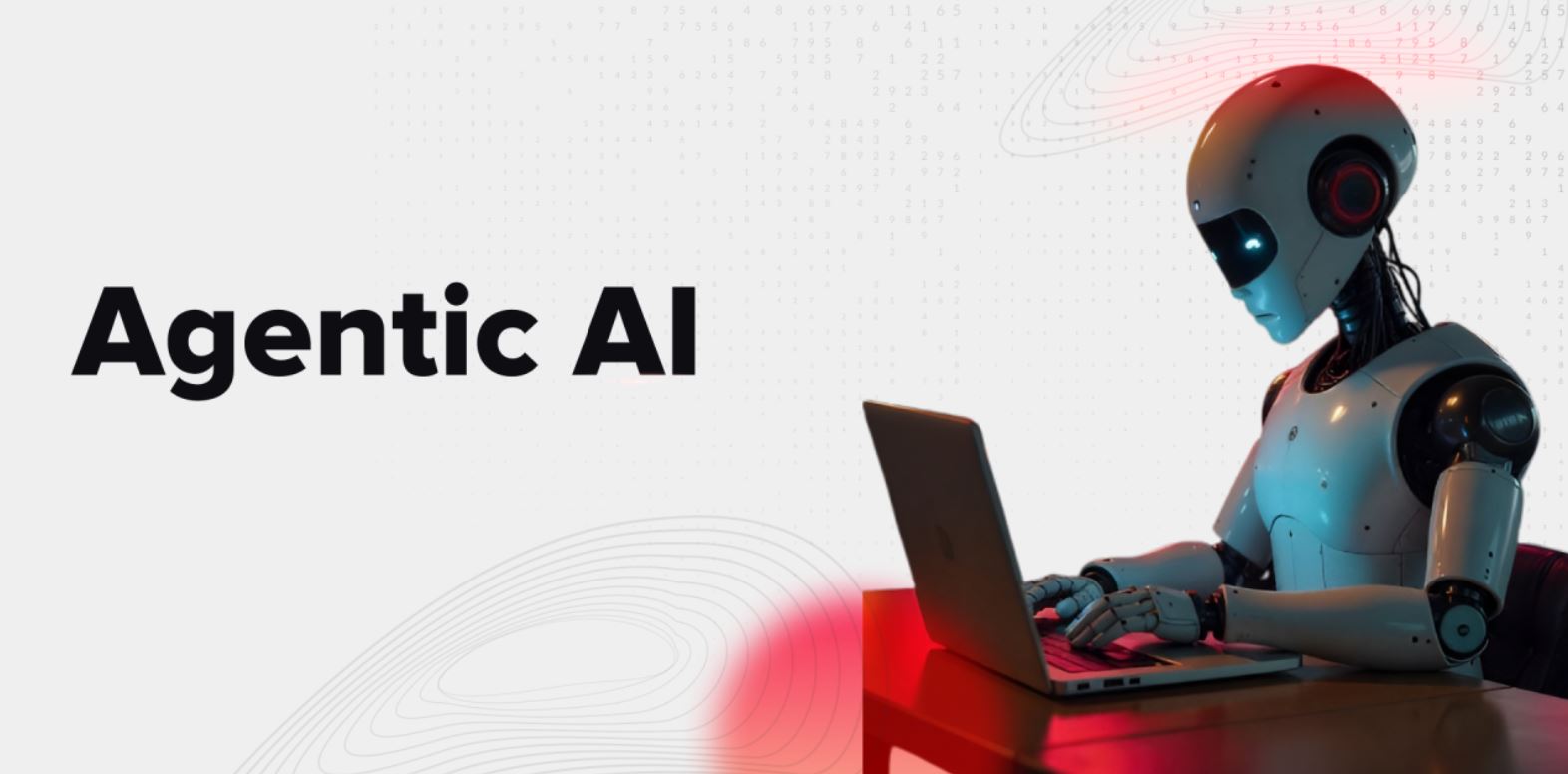 We’re at a turning point in AI development, and it’s an exciting time to be part of this journey. According to McKinsey, businesses need to look beyond just automating tasks and start thinking about how AI can completely reinvent how they operate. This isn’t just about speeding things up anymore; it’s about transforming workflows and embracing what’s known as Agentic AI. This new era is all about fully autonomous AI agents that can manage tasks independently, make decisions on their own, and even adapt to complex IT setups. But it’s not just about the technology. Companies also need to tackle regulatory challenges, enhance AI literacy, and identify practical use cases with clear ROI to thrive in this evolution.
We’re at a turning point in AI development, and it’s an exciting time to be part of this journey. According to McKinsey, businesses need to look beyond just automating tasks and start thinking about how AI can completely reinvent how they operate. This isn’t just about speeding things up anymore; it’s about transforming workflows and embracing what’s known as Agentic AI. This new era is all about fully autonomous AI agents that can manage tasks independently, make decisions on their own, and even adapt to complex IT setups. But it’s not just about the technology. Companies also need to tackle regulatory challenges, enhance AI literacy, and identify practical use cases with clear ROI to thrive in this evolution.
Traditionally, AI has been used to make existing processes faster, like using chatbots to improve customer service or analytics to optimize workflows. While these methods boost efficiency, they’re not enough to stay competitive. The real promise of AI lies in replacing outdated workflows entirely and creating new capabilities. For instance, in network management, AI can do more than just automate troubleshooting and security tasks. Imagine AI systems that can predict and prevent failures, reconfigure networks in real time to avoid service disruptions, and optimize performance without needing human intervention. As AI becomes more autonomous, it will unlock new levels of productivity and innovation—that’s the essence of Agentic AI.
As AI autonomy advances, the regulatory landscape will evolve too. The EU AI Act and other global frameworks require companies to meet compliance standards for AI transparency, bias mitigation, and ethical deployment. AI governance must be a priority, with systems designed for compliance, privacy, and transparency to build trust. Implementing zero-trust security models will be essential to mitigate risks and ensure AI decisions are secure and auditable.
Success in the era of Agentic AI depends on more than just technical skill—it requires a synergy between leadership, developers, and users. As AI becomes more sophisticated, AI literacy becomes a crucial differentiator. Companies need to invest in workforce upskilling to understand AI’s capabilities, limitations, and ethical implications. A recent ICT Workforce Consortium report indicates that 92% of ICT jobs will transform significantly due to AI advancements. Without adequate AI education, there’s a risk of disconnect between AI implementers and users, leading to mistrust, slow adoption, and ineffective deployment. To fully leverage Agentic AI, it’s vital to foster AI literacy across the organization.
As the era of AI adoption progresses, businesses should learn from past experiences: focus on applied use cases with tangible ROI. The time for AI experimentation for its own sake is ending—future AI deployments must prove their value. In networking, this could mean AI-driven autonomous network optimization. Such systems don’t just automate; they monitor traffic, predict congestion, and autonomously adjust configurations to maintain optimal performance. By offering proactive insights and real-time adjustments, these AI solutions help preempt issues and outages, enhancing security and operational efficiency. Identifying high-value Agentic AI applications like these will be crucial.
Trust remains a significant hurdle in AI’s widespread adoption. Users need assurance that AI-driven decisions are accurate, fair, and explainable. Even advanced AI models face acceptance challenges without transparency. As AI transitions to autonomous decision-making, whether managing IT infrastructure or customer interactions, organizations must ensure these decisions are auditable, unbiased, and business-aligned. Without transparency and accountability, resistance may arise from both employees and customers.
Looking to 2025, AI’s potential is immense. As it matures, its success will hinge on how organizations, governments, and individuals adapt to its expanding role in daily life. Beyond efficiency and automation, AI offers opportunities for intelligent decision-making, problem-solving, and innovation. Organizations that effectively harness Agentic AI, balancing autonomy with oversight, will reap substantial benefits. Success demands a commitment to transparency, education, and ethical deployment to build trust and ensure AI is a true progress enabler. AI is no longer just a tool for speed—it’s a transformative force reshaping work, communication, and technology interaction.








